We searched the risks and benefits of artificial intelligence and tried to decide is it evil or not. Humans have long desired to construct machines that can make decisions. It was thought of as a possibility that seemed too good to be true for a long time and was only seen in science-fiction films. Self-driving automobiles and apps like SIRI made this far-fetched fantasy come true.
In 1950, John McCarthy coined the term “Artificial Intelligence.” He added, “Every aspect of learning or any other feature of intelligence may in principle be so precisely described that a machine can be made to mimic it. It will be attempted to discover how to program machines to use language; create abstractions and concepts; solve problems that humans now only solve, and develop themselves.”
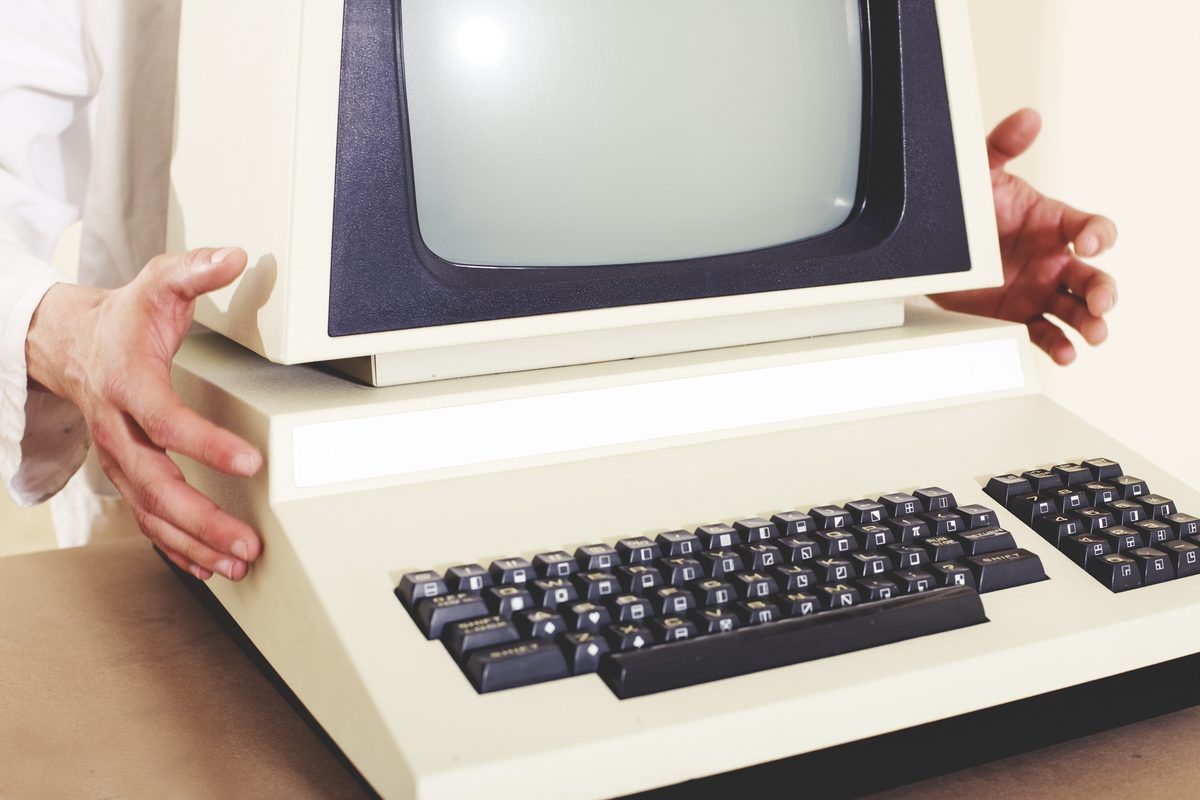
Artificial Intelligence has developed swiftly since its inception. In recent years, the idea behind AI has been linked to just human-like personalities and robots, even though the concept encompasses everything from autonomous weapons to smartwatches and Google’s search engine.
Today’s AI is designed to complete more limited functions such as driving a car, performing internet searches, facial recognition, etc. On the other hand, the concept’s primary purpose has been to develop a strong AI (or general AI) that can outperform humans in various activities, including everyday ones like solving equations or chess.
What is AI, and what are the risks and benefits of artificial intelligence?
Artificial intelligence (AI) is developing rapidly, from SIRI to self-driving cars. While artificial intelligence is often portrayed in movies as robots with human qualities, AI can range from Google’s search algorithms to IBM’s Watson to automated weapons.
Artificial intellect is the most advanced yet of humans’ drive to use computers to solve or improve human life.
What exactly are these computer systems, and where did they come from? One must inquire about their origins and whether they address the issues that they claim to fix. Are they ethical?
What is ethical AI?
Ethics in AI is about continually asking, investigating, and doubting the technologies rapidly introduced into human existence.
The scale of this problem is exacerbated by it. AI systems are growing to be huge in terms of the computational power they require and their data. AI’s presence in society, both in terms of its scale of deployment and responsibility, far exceeds computing in the PC and Internet eras. Simultaneously, as growth increases, many elements of the technology, especially its deep learning form, elude even expert practitioners’ comprehension.
Ethical concerns include subjects such as who is the author of an AI-generated work of art and whether or not it qualifies as “art.” Surveillance exercised by military authorities who may use technologies unrestrictedly to capture and kill their fellow citizens is particularly relevant.
Is artificial intelligence really that dreadful? This is just one viewpoint on the matter. Let’s look at the benefits and drawbacks of AI and decide what it means for our future together.
Risks and benefits of artificial intelligence
AI is the endgame in every area, whether it’s Sales Enablement Software, digital assistants, or optimizing the most out of Learning Management Systems. Since its inception, there has been a debate about artificial intelligence as to whether it is the ultimate approach to propel human society to new heights of success. Others think that artificial intelligence will lead humans down a dark path toward self-destruction.
Let’s get right into it, shall we? Without further ado, let’s look at the Risks and benefits of artificial intelligence to see if we can choose a side in the argument.
Benefits of AI
These are the some of the best benefits of AI:
- Reduction in human error
- Work with high accuracy
- Available 24×7
- Training and operation cost reduction
- Improve processes
- Helping in repetitive jobs
- Digital assistance
- Speed up decision-making
- Daily applications
- New inventions
Now, let’s talk about some benefits of AI.
Reduction in human error
Because humans make errors from time to time, “human error” was coined. However, if computers are programmed correctly, they do not make these mistakes. Artificial intelligence uses a particular set of algorithms to evaluate previously collected information and decide on an action. As a result, mistakes are reduced, and the possibility of achieving precision with greater accuracy is increased. For example, they’ve reduced the amount of human error in Weather Forecasting With AI.
Work with high accuracy
Scientists are attempting to teach AI-powered computers to solve complex calculations and execute crucial operations on their own for the findings obtained to be more precise than those produced by humans.
Automatons have become a standard tool for medical professionals across the world. These devices’ high accuracy has made them essential in many fields, especially healthcare, due to their importance.
Robots are getting better at diagnosing acute diseases in people and performing delicate operations to minimize the risk of human life or going to Mars, defusing a bomb, and more.
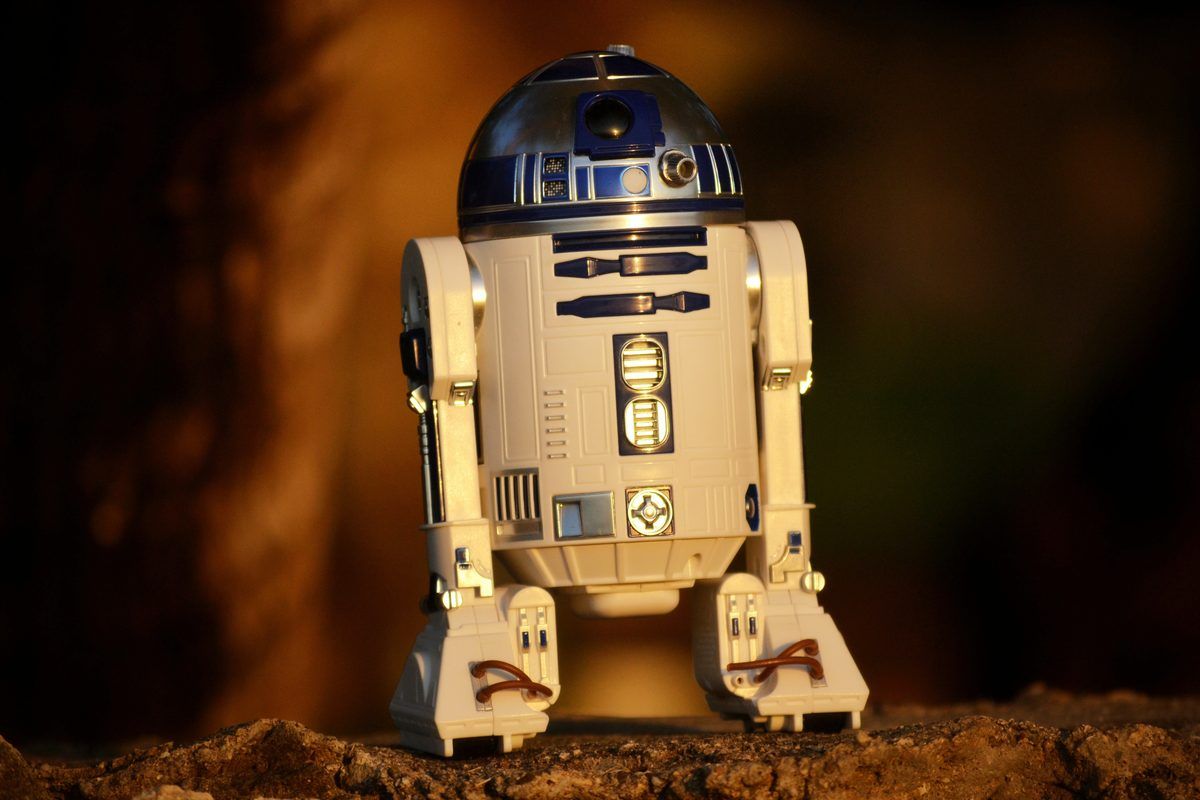
Robots can be used in hazardous circumstances, such as when humans may be harmed.
Available 24×7
We’ve created AI-powered machines capable of carrying out particular repetitive activities at a high rate. Unlike humans, these machines can execute their work with 100% accuracy and 24 hours a day, seven days a week, requiring no error. It eliminates the necessity for two sets of humans working day and night shifts to do other essential chores.
Educational institutions and helpline centers worldwide receive many queries and difficulties, which can be resolved effectively with AI. Or do you want a quick and always open AI call center?
Training and operation cost reduction
Artificial Intelligence uses machine learning algorithms such as Deep Learning and neural networks to absorb new information. It frees us from providing new code for them to learn anything new continuously.
The AI industry is rapidly progressing, and we’ll soon have new AI-powered devices with improved machine learning capabilities. It implies that they will learn much more quickly, resulting in lower training costs for robots than humans. Meanwhile, robotics have already lowered the cost of operations in several sectors.
Improve processes
The most appealing aspect of AI-powered gadgets being used in the workplace is that they allow us to collect vast amounts of data regarding their activities. Such data may be quantified and analyzed to provide quantitative insights into the procedures, allowing us to improve them even more.
AI machines’ ability to learn and improve further allows them to perform even more complex analyses independently.
Helping in repetitive jobs
We’ll be doing a lot of repetitive activities in our day-to-day job, such as sending gratitude emails, verifying specific papers for mistakes, and so on. By leveraging artificial intelligence, we can automate these routine operations and even eliminate “tedious” work for people while freeing them up to be more inventive.
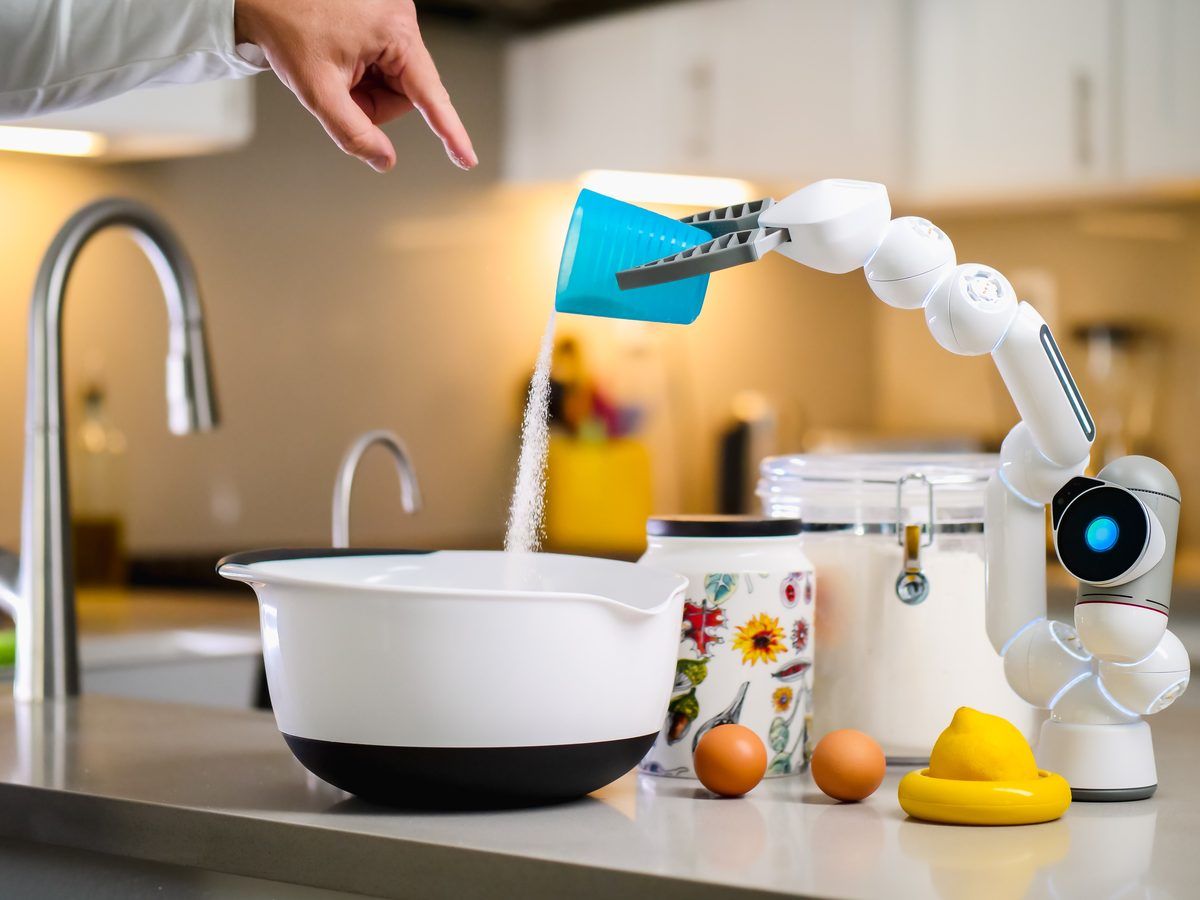
We frequently encounter numerous document verifications in banks to acquire a loan, which is time-consuming for the bank’s proprietor. Using AI Cognitive Automation, the owner may speed up the document verification procedure, both for clients and himself.
Digital assistance
Some of the most sophisticated businesses utilize digital assistants to communicate with customers, saving them the trouble of employing people. Many websites employ digital assistants to offer goods that customers want. We may communicate with them about what we’re searching for. Some chatbots are designed so that it’s difficult to tell whether we’re communicating with a bot or a person.
We all know that businesses have a customer support staff to answer the questions and concerns of their customers. AI allows businesses to implement a Voice bot or chatbot to assist customers with any inquiries. We’ve already seen several organizations utilize them on their websites and mobile apps, among other places.
Speed up decision-making
AI enables us to speed up decision-making and action execution in a realm where we previously had no means. While humans evaluate numerous elements emotionally and practically while making decisions, AI-powered machines work on what they have been programmed to do and provide outcomes far more quickly.
We’ve all played chess games on Windows, and it’s nearly tough to win against the CPU in the hard mode because of the artificial intelligence. According to the algorithms utilized behind it, it will take the greatest feasible step.
Daily applications
Nowadays, voice commands in our day-to-day tasks are becoming increasingly common, ranging from searching for a place to taking a selfie to make a phone call to replying to an email and beyond. Such as Apple’s Siri, Window’s Cortana and Google’s OK Google are frequently used in our daily routine.
New inventions
AI is at the heart of many innovations across almost every field, allowing people to address the most vexing issues.
According to doctors, advanced AI-based technologies can currently predict breast cancer in women at earlier stages.
It’s now time to go to the dark side of the moon. There are some drawbacks to artificial intelligence as well. Let’s take a look at a few of them.
Risks of AI
These are some of the risks of AI:
- Unsustainability
- Unemployment
- Misuse leading to threats
- Data discrimination
- Making humans lazy
- No emotions
- Lacking out of box thinking
- A future threat to humanity
As previously said, the topic has always attracted arguments and debate. Various tech commentators, scientists, and typical individuals are concerned with artificial intelligence. In actuality, the lousy aspect has been represented and addressed in the form of science fiction movies depicting dystopian futures, in which these machines take control of the world and create only havoc.
How real could this be, then? Let’s take a deep dive to risks of artificial intelligence.
Unsustainability
Because AI-based machines are generally high in computing power, they require many processors to function. Selenium, a rare earth metal, is one of the significant components that make these computer chips. Lithium batteries power the majority of these devices.
Running these devices will require us to mine for these materials, putting a massive strain on the environment. Furthermore, since these AI machines can learn from past experiences and calculate outcomes with great accuracy, they require massive amounts of electricity to operate.
Unemployment
This is an old problem. It lowers expenses and improves efficiency when machines take the place of humans. However, this also implies less employment for people, resulting in unemployment and other economic issues.
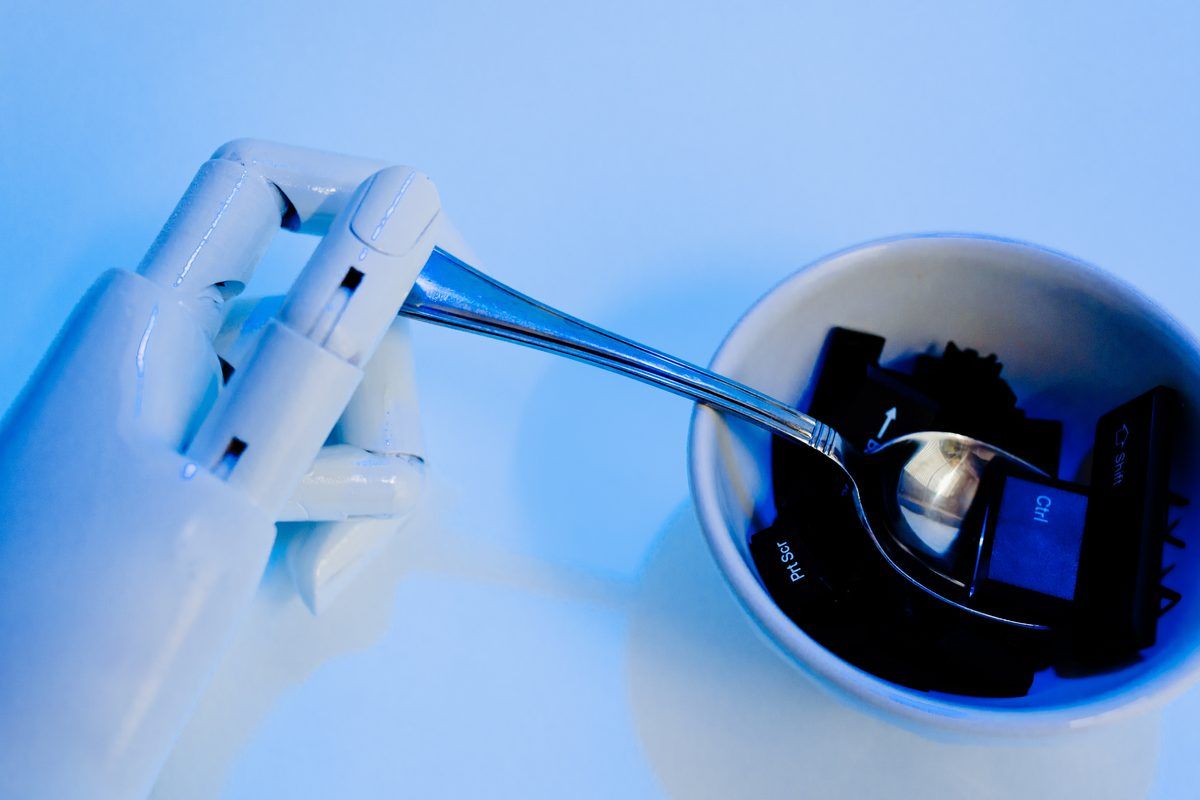
Misuse leading to threats
One problem on the rise as AI is increasingly adopted is AI misuse. With autonomous vehicles and weapons being developed by militaries, this raises the prospect of weapons falling into the hands of the wrong people.
Data discrimination
AI-powered devices can readily gather, process, and store massive user data. These devices can also gain access to a person’s sensitive information without consent. Once the data is stored on the cloud, anyone may view it lawfully or illegally.
Making humans lazy
AI is making humans lazy with its software, which eliminates the need to perform a lot of physical labor. Humans have become addicted to these technologies, leading to future problems.
No emotions
While there’s no doubting that machines are more efficient at tasks, they can’t completely replace the human connection that makes the team. Machines cannot form relationships with people, which is a crucial component of Team Management.
Lacking out of box thinking
Anything outside those capabilities is likely to cause a program, equipment, or machine failure.
A future threat to humanity
Elon Musk is regarded as one of the sharpest people working on AI. He also stated that AI is the greatest danger to human civilization in future generations. This implies that the dystopian future depicted in science fiction films isn’t out of reach. Stephen Hawking has voiced his opposition to AI development on numerous occasions before.

The most serious danger of AI is that machines would achieve sentience and rebel against people if they go rogue.
How can AI be dangerous?
Many experts believe that a superhuman AI would not be capable of human emotions such as love or hate, and that AI will not become purposefully good or evil. Instead, when considering how AI might endanger humanity, experts favor two possibilities:
1. The AI is programmed to do something devastating
Autonomous weapons are programmed to kill humans. These weapons could easily result in large fatalities in the hands of the wrong person. Furthermore, an AI arms race might inadvertently lead to an AI war that causes massive deaths. To avoid being outsmarted by the opponent, these weapons would be complicated to simply “turn off,” thus giving humans a chance of losing control of such a scenario. This danger is already there with little AI but grows as AI intelligence, and autonomy levels grow.
2. The AI is programmed to do something beneficial, but it develops a destructive method for achieving its goal
When we don’t fully align the AI’s objectives with our own, it becomes complicated. It might bring you to the airport pursued by helicopters and covered in puke, doing not what you wanted but what you instructed it to do. If a superintelligent system is put in charge of a large geoengineering project, it may wreak havoc on our ecosystem, seeing human attempts to prevent it as a danger to be overcome.
The risks and benefits of artificial intelligence show there is a good way too.
AI for good: What is possible?
Despite the dangers, many people believe that artificial intelligence may assist solve some of society’s most pressing issues.
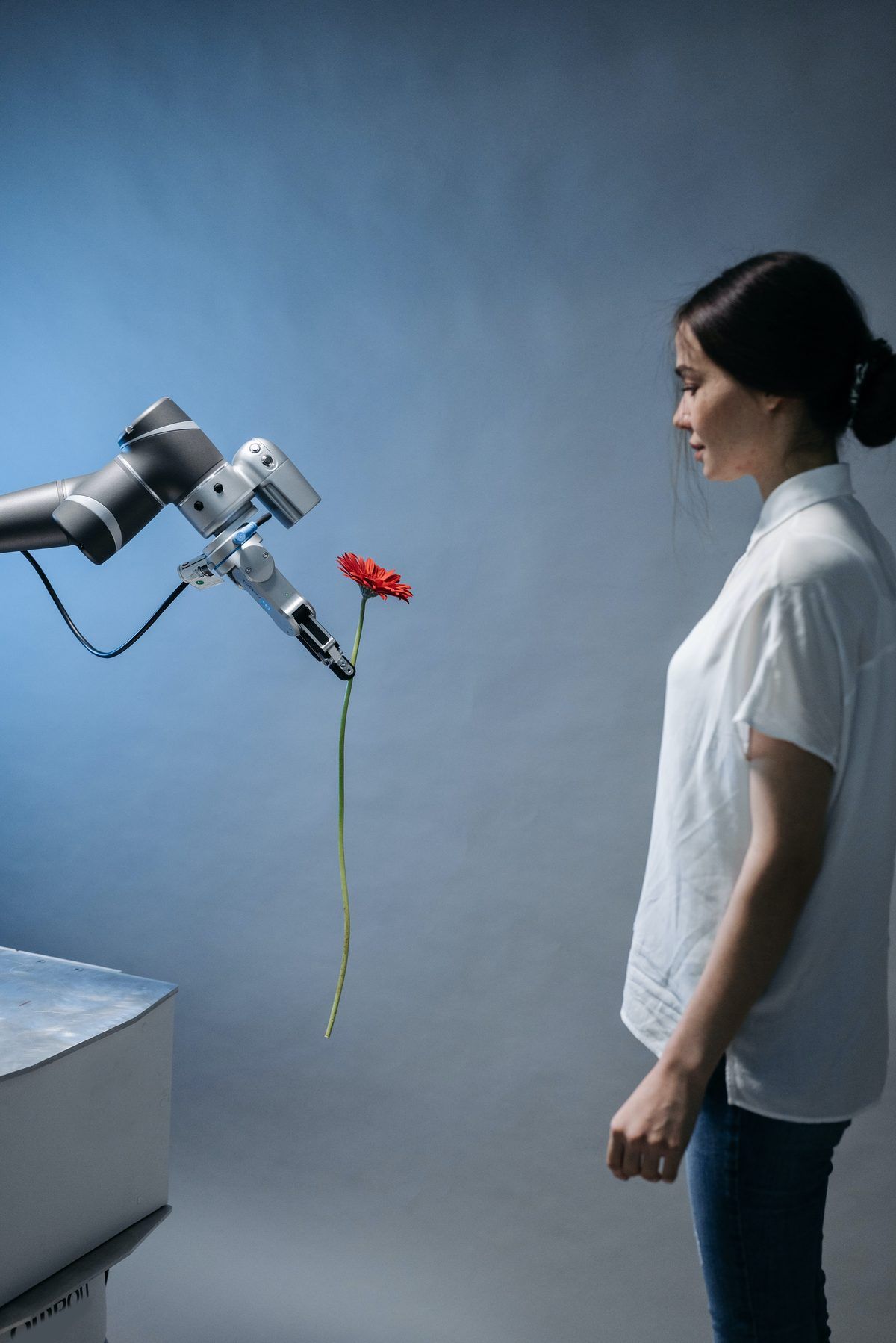
According to Tim O’Reilly, the creator of technical manuals that have been used by numerous generations of coders, problems such as climate change is too big to be addressed without a considerable amount of AI.
“We are going to need all the help we can get. The path is forward.”
Tim O’Reilly
AI can exacerbate the diffusion of false information, but it may also be used to identify and filter it; algorithms can contribute to societal biases, but they can also expose unjust decision processes; building complicated models has a significant carbon impact, but AI may reduce energy usage and data center maintenance.
The risks and benefits of artificial intelligence depend on people. This technology will be labeled as excellent or awful depending on the decisions made while coding, deploying, and utilizing AI.
Conclusion
Artificial Intelligence has two sides, just like everything else in the world. There are risks and benefits of artificial intelligence. The development of AI-powered automation has undoubtedly improved our lives in many settings today. However, there is a need to strongly advocate for the formation of ethical rules and regulations to reduce risks associated with AI as much as possible.
Artificial Intelligence’s advantages and drawbacks are listed below. Every new invention or breakthrough will have both benefits and drawbacks, but we as humans must manage them and utilize the good aspects of the innovation to create a better world. Artificial intelligence has tremendous potential advantages. According to another view, humans must guard against “the rise of the robots.” Others claim that if AI reaches dangerous proportions in the wrong hands, it could destroy human civilization.
None of the AI applications developed at that scale have been able to destroy or enslave humanity yet.
Let’s not waste time on the prior misconceptions since this allows us to concentrate on real and intriguing debates where even specialists disagree. Consider the risks and benefits of artificial intelligence and answer the questions.
- What kind of future do you want?
- Should we develop lethal autonomous weapons?
- What would you want to happen with job automation?
- What career advice would you give kids today?
- Do you prefer jobs that replace old ones or a society where everyone has a job and lives in luxury due to automated production wealth?
- Will we attempt to develop superintelligent life and send it throughout the universe?
- Will intelligent machines control us, or will we control them?
- Will intelligent machines replace us, coexist, or combine with us?
- What does it mean to be human in an age of artificial intelligence?
There are a lot of questions but no specific answer. So, what is your view on this issue? Please leave a comment below.





